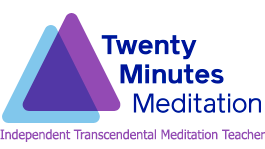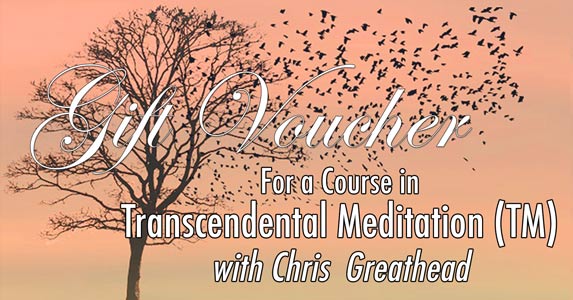Concentrative Or Nondirective Meditation? Which Does Science Say Works Better?
www.science20.com
Mindfulness. Zen. Meditation drumming. Chakra. Buddhist and transcendental meditation. It evokes eastern mystics and hip elites in California pretending to to leave their corporeal forms behind and…
http://www.science20.com/news_articles/concentrative_or_nondirective_meditation_which_does_science_say_works_better-136401





